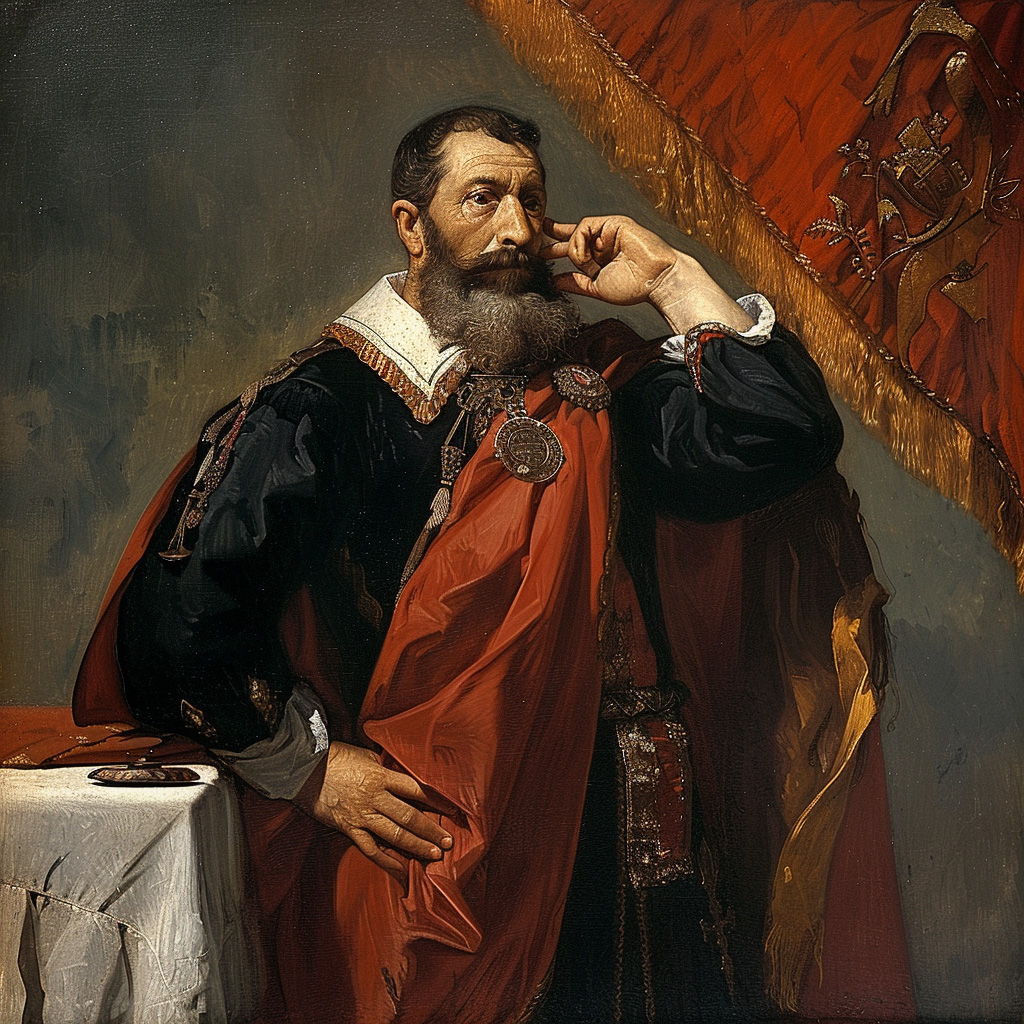
Morrocan Privateer, Queen
1485 – 1561
Al-Sayyida Al-Hurra is one of my favorite historical characters in The Conquest of Liberty. Somehow the story required that our principal antagonist escape from Granada, out of Spain and across the Mediterranean to Rome. Without pirates of course it would be a dull journey. North African corsairs could certainly provide some action, so I went hunting. What could be better than a princess, queen, governor, and pirate all packed into one, al-Sayyida al-Hurra. She was basically the princess of the Maritime Jihad. But she was more than a smart woman with a ship. She was the ruler of Tetouan and Chefchaouen in Morocco, just across the straights from Gibraltar.
Her father was Sultan Ali bin Rashid who founded the state of Chefchaouen. Her father named her al-Hurra which means something like ‘The Free Lady.’ She was named after Aisha al-Hurra, the mother of the last king of Granada. Al-Hurra married the Sultan of Tetouan in 1510 but her husband died five years later, and she took charge of the State of Affairs and governed both Tetouan and Chefchaouen. They were prosperous.
It was the Spanish and Portuguese that brought her into piracy, or naval operations as she would have considered it. Morocco didn’t have a navy, so pirates served as the naval forces to protect against the ever- encroaching Spanish and Portuguese.
She was able to take over the western end of the Mediterranean Sea – cooperating with the famous Ottoman leader Khair al-din Barbarossa.
After spending some wonderful time with my fictional chapters in The Conquest of Liberty, she remarried. This time to the Sultan of Fez. She insisted he move to Tetouan, he did and for many years she preserved her power and position.
Eventually, several years after the characters in The Conquest of Liberty had moved on to book two and book three of the Conquest of Liberty, Sayyida was ousted from power. In October 1542, conspirators entered the city and kicked her out. Involved in that conspiracy was her own stepson. She left and returned home to Chefchaouen. She dedicated herself to worship and asceticism and died June 14, 1561.
Historians depict her as decisive, strong, competent, and intelligent. Her rise to power was her own doing. She excelled at diplomacy and outright war when it was needed. Her involvement in protecting Oran from Cardinal Cisneros’ conquest is indeed a fictional part of the story – maybe. No records say she wasn’t involved. But I bet if she could have, she would have defended the city against the Spanish conquest.

